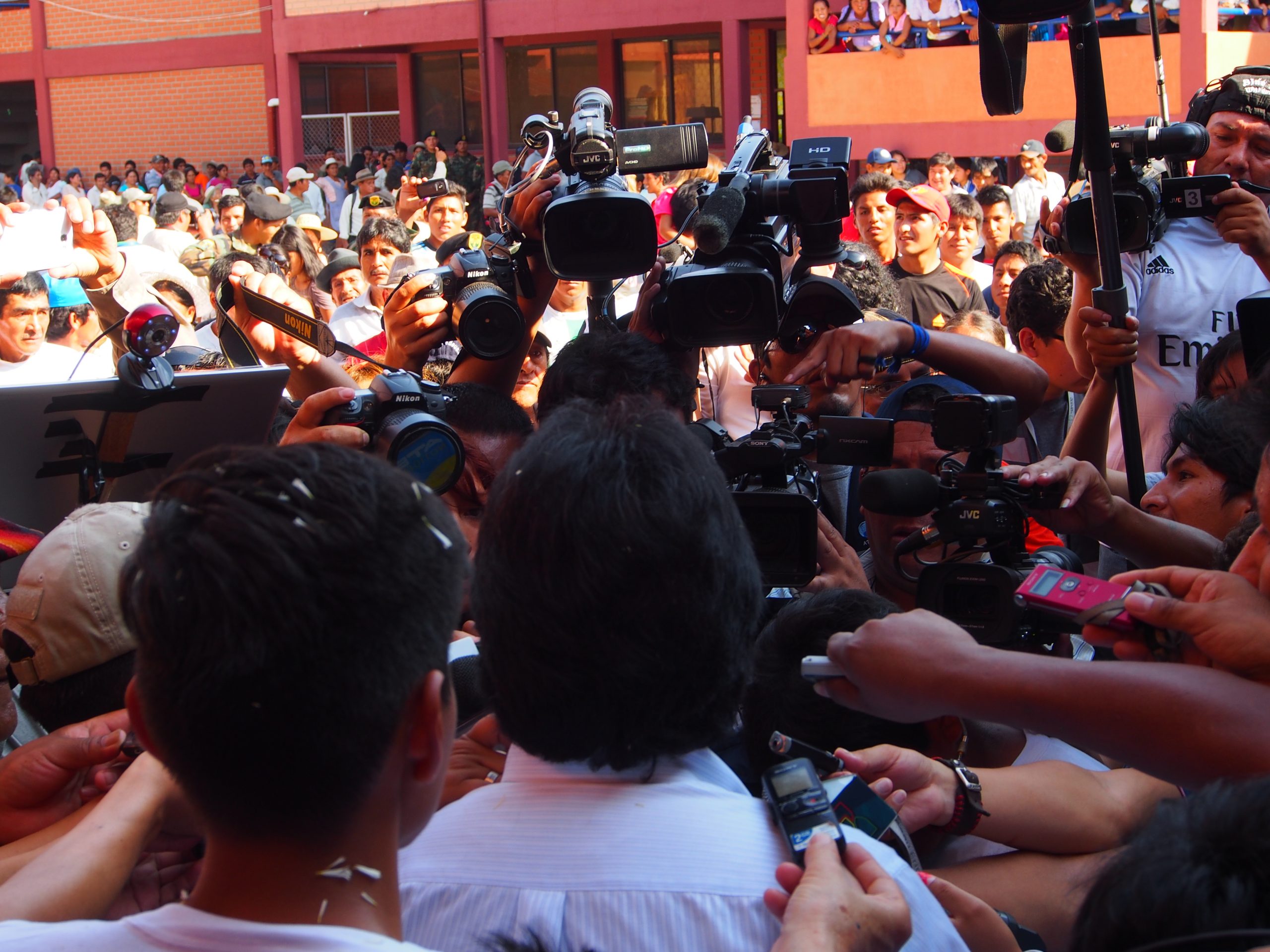LATIN AMERICAN ADVISOR – Will Bolivia’s Next Election Put an End to Political Unrest?
Kathryn Ledebur, director of the Andean Information Network in Cochabamba: “A Sept. 16 poll projected a first-round win for Luis Arce, with 36 percent. Carlos Mesa fell far behind with 13 percent. Áñez, with only 7 percent, fell to fourth, after Camacho. Her decision to withdraw and block a first-round MAS victory should have little impact on the final outcome. If Arce does not win in the first round, the most likely scenario is for all the opposition parties to ally against MAS in the runoff. In that case, the outcome is unclear. Although Mesa projected a more moderate stance in the October 2019 elections, he has done little to denounce human rights violations, unconstitutional actions and repeated cases of corruption during Áñez’s interim government. A Mesa presidency could mark a return to brokered democracy (1982-2004), when parties without clear political affinities divided up ministries and government institutions, leading to gridlock.
Arce states that his victory would return the country to sound macroeconomic policies, allowing it to pull out of the acute economic crisis brought on by the pandemic and made worse by mismanagement under Áñez. The results will be hotly contested, and protracted post-electoral conflict appears likely, exacerbated by the presence of violent anti-MAS para-state groups connected to the Bolivian right. Acute voter suppression also appears likely. Initial plans for electoral observation have been dramatically reduced, ostensibly due to the pandemic. The OAS delegation will have the same leadership as its controversial 2019 observation mission.
Arce states that his victory would return the country to sound macroeconomic policies, allowing it to pull out of the acute economic crisis brought on by the pandemic and made worse by mismanagement under Áñez. The results will be hotly contested, and protracted post-electoral conflict appears likely, exacerbated by the presence of violent anti-MAS para-state groups connected to the Bolivian right. Acute voter suppression also appears likely. Initial plans for electoral observation have been dramatically reduced, ostensibly due to the pandemic. The OAS delegation will have the same leadership as its controversial 2019 observation mission.

